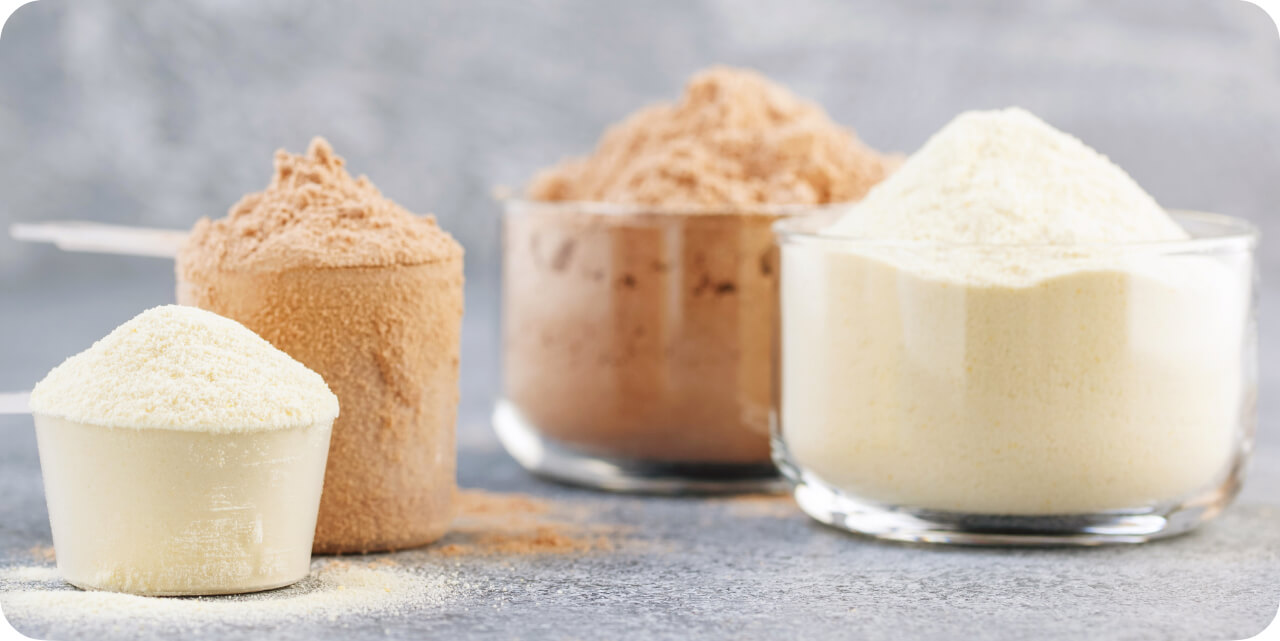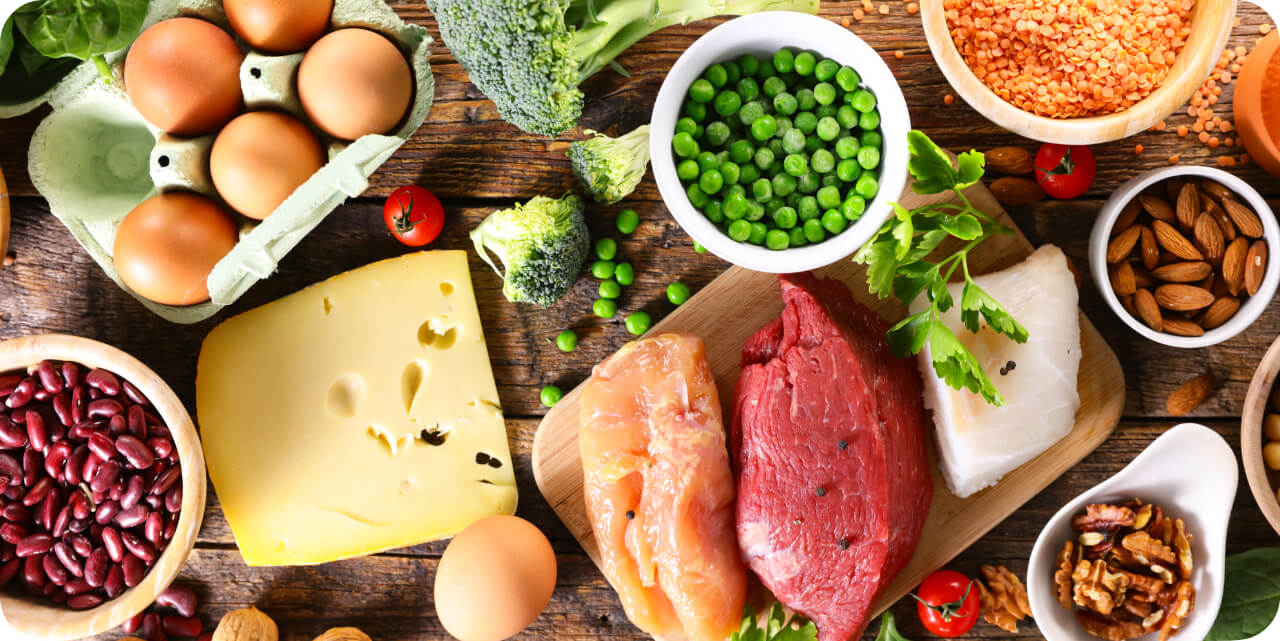Embarking on a muscle-building journey requires a well-rounded approach, encompassing a balanced diet, a structured exercise regimen, and the right supplementation. Among these, protein is the cornerstone nutrient essential for muscle growth and repair. However, the question on everyone’s mind is, “how much protein do I need to build muscle?” In this comprehensive guide, we delve into the protein needs of an individual engaged in muscle-building, backed by scientific evidence and expert opinions.
Understanding Protein and Its Importance
Protein is composed of amino acids, often referred to as the building blocks of the body. It plays a pivotal role in creating and repairing muscle fibers, which are strained and torn during intense workout sessions. Additionally, protein aids in the production of enzymes and hormones, promoting overall body function.
Protein Synthesis and Muscle Growth
Muscle growth occurs when the rate of muscle protein synthesis exceeds the rate of muscle protein breakdown. This state is referred to as a positive protein balance, and it’s the sweet spot everyone aiming to build muscle should strive for. Achieving this balance hinges significantly on your protein intake.
Determining Your Protein Needs
The amount of protein you need can vary based on several factors including your overall health, your level of physical activity, and your muscle-building goals. However, a general guideline is to consume between 1.6 to 2.2 grams of protein per kilogram of body weight.
Calculating Protein Intake
Here’s a simple formula to calculate your daily protein needs:
Protein intake (grams)=Your weight (kg)×Protein multiplier (1.6 to 2.2)Protein intake (grams)=Your weight (kg)×Protein multiplier (1.6 to 2.2)
For instance, if you weigh 70kg, your daily protein intake to support muscle growth should be between 112 to 154 grams.
Individual Variability
It’s crucial to note that individual protein needs can vary. Factors such as age, gender, and the intensity of your workout regimen can influence your protein requirements.
Sources of Protein
Incorporating a variety of protein sources in your diet can ensure you get all the essential amino acids necessary for muscle growth.
- Animal-based proteins: Meat, fish, eggs, and dairy products are excellent sources of complete proteins.
- Plant-based proteins: Legumes, nuts, seeds, and some grains can provide the necessary protein, especially when combined properly.
Supplementing with Protein
While it’s possible to meet your protein needs through diet alone, many individuals find it easier to also incorporate a protein supplement to ensure they meet their daily requirements.
Introducing Mr. Test
Mr. Test is an exemplary testosterone booster that not only aids in muscle recovery but also supports lean muscle build. Incorporating Mr. Test in your regimen can provide the supplementary protein boost necessary to meet your muscle-building objectives.
Monitoring Your Progress
Keeping a track of your protein intake, muscle gain, and overall body performance can help tweak your protein needs over time. Employing a balanced approach by combining a high-protein diet with regular strength training and the right supplementation will set you on the path of successful muscle building.
Conclusion
Understanding your protein needs and meeting them is a critical step in your muscle-building journey. By tailoring your protein intake, incorporating a variety of protein sources, and supplementing with Mr. Test, you are well on your way to achieving your muscle-building goals.
Related Posts
28/09/2024
5 Lifestyle Changes to Improve Men’s Mental Health
Mental health is just as important as physical health, yet it often doesn't receive the attention it deserves,…
22/09/2024
Essential Nutrients Every Woman Needs at Different Life Stages
Maintaining optimal health throughout various stages of life is crucial for every woman. Different life stages come…
16/09/2024
How to Improve Prostate Health with Natural Supplements
Maintaining prostate health is crucial for men, especially as they age. A healthy prostate not only supports urinary…
10/09/2024
Best Vitamins for Women Over 30: Boost Health and Energy
As you step into your 30s, maintaining optimal health becomes a priority, especially with the physical and hormonal…
04/09/2024
Supplements for Muscle Recovery and Performance Enhancement in Men
In the pursuit of fitness goals, muscle recovery and performance enhancement are two critical components that can make…
29/08/2024
Boosting Your Energy and Mood with Feminine Energy
In today’s fast-paced world, maintaining a positive mood and high energy levels is essential for a balanced and…
23/08/2024
5 Reasons to Add Mr Test to Your Muscle-Building Routine
Building muscle isn’t just about lifting heavy weights—it’s also about supporting your body with the right nutrients…
17/08/2024
TongKat Ali Extract: Women’s Health Benefits
TongKat Ali, also known as Eurycoma longifolia, is a herbal remedy traditionally used in Southeast Asian medicine.…
11/08/2024
Best Supplements for Men Over 40
As men age, their nutritional needs change significantly. For those over 40, supplements can play a vital role in…












